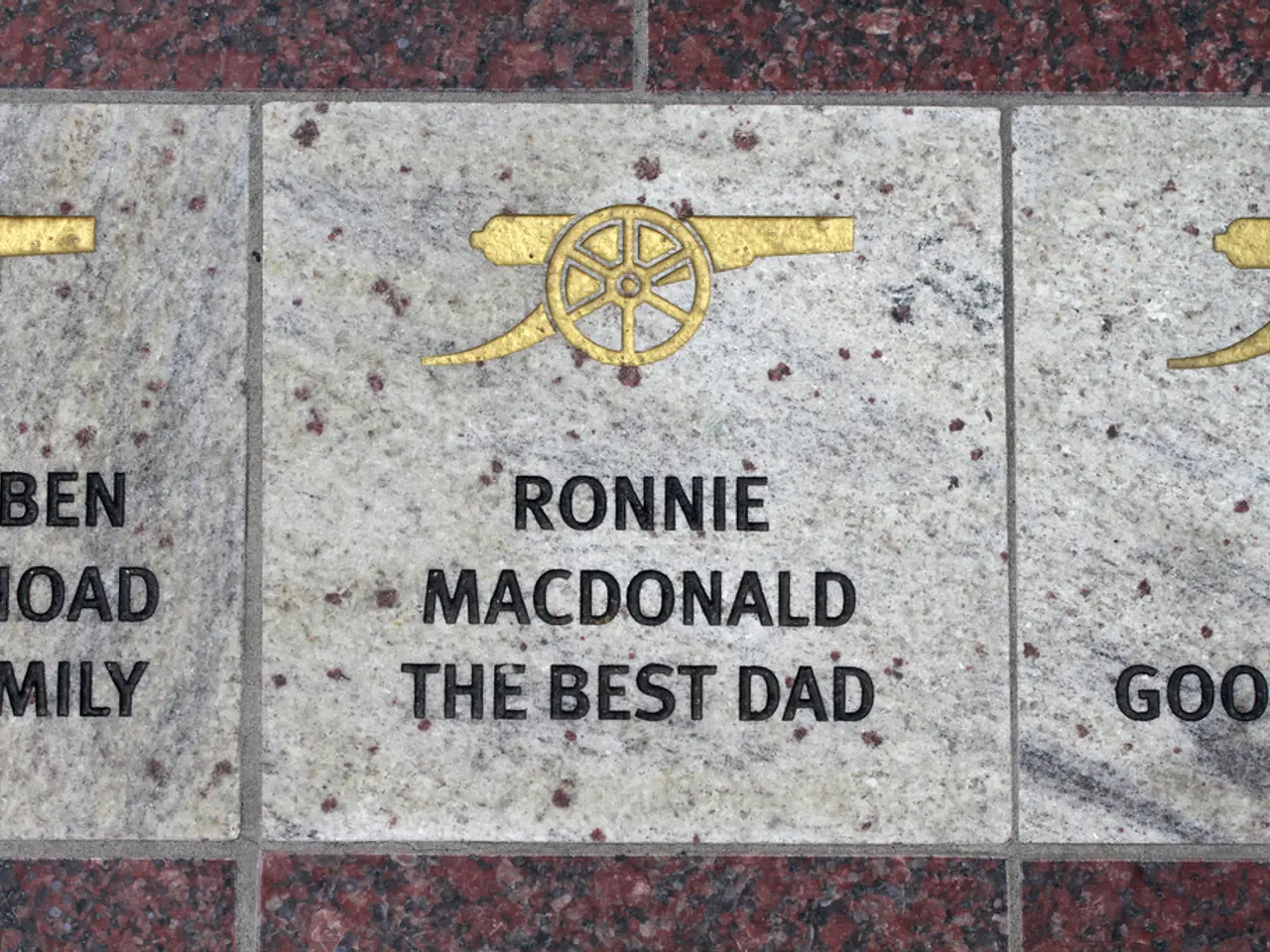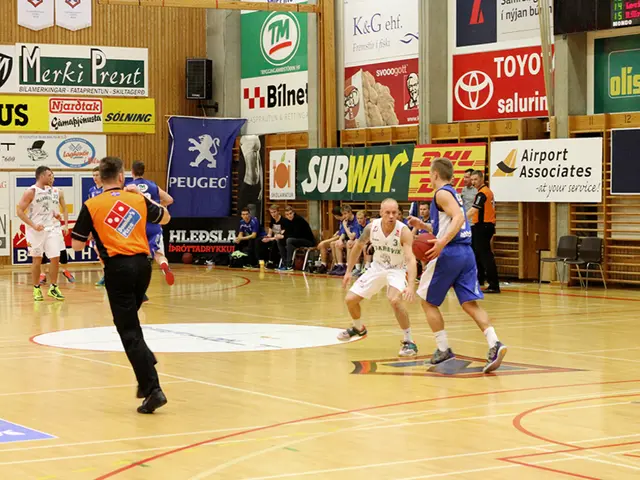Berlin Wall's Fall Anniversary Revisits Cetin Mert, a Pivotal Figure Recognized by Wegner
As we approach the 60th anniversary of the Berlin Wall's construction, it's a poignant time to reflect on this pivotal Cold War event and its lasting impact on the city and its people.
The Berlin Wall, initiated by the German Democratic Republic (GDR) on August 13, 1961, under the leadership of Walter Ulbricht and with the approval of Soviet Premier Nikita Khrushchev, was built primarily to stem the massive emigration and defection from East Germany to West Berlin, threatening the GDR's economy and political stability.
Post-World War II, Germany was divided into occupation zones, with Berlin itself split into East and West sectors. Between 1949 and 1961, about 2.7 million East Germans fled to the West via West Berlin, a migration that Khrushchev and Ulbricht saw as a severe problem undermining East Germany’s existence.
The Wall was swiftly erected overnight on August 13, 1961, beginning with barbed wire fences and later replaced by guarded concrete walls with watchtowers and a "death strip" with defenses like trenches and nail beds to prevent escapes. The Western Allies protested but had little ability to intervene because the Wall was built entirely on East German territory and included a guarded no-man's land.
The Berlin Wall became a poignant symbol of the Cold War divide between communist East and capitalist West. It effectively stemmed the brain drain and mass emigration from East to West, which had critical economic and political consequences for East Germany. However, it also defined lives in Berlin for decades, separating families and communities and leading to hundreds of deaths as people attempted to cross the Wall.
A tragic story that emerged from this time is that of Cetin Mert, a boy who drowned on his fifth birthday in the Spree River in Kreuzberg in 1975. Despite initial reports suggesting that DDR border guards reacted too late to help Cetin Mert, further research did not find a direct connection between the Berlin Wall and his tragic death.
As we commemorate the 60th anniversary of the Berlin Wall's construction, it's important to remember the victims of this injustice. Governing Mayor Kai Wegner paid tribute to these victims, stating that the Berlin Wall is a symbol of DDR injustice and that official commemorative events will take place on Wednesday to remember its construction. The CDU politician also mourned the victims of the Berlin Wall, stating that they will never forget them and that the Wall robbed people in the DDR of their freedom.
As we reflect on the past, we are reminded of the importance of freedom and unity, values that continue to shape our city today. Let us remember the lessons of history and strive for a future where such divisions are a thing of the past.
[1] "The Berlin Wall: A Timeline." History.com, A&E Television Networks, 25 June 2009, www.history.com/topics/cold-war/berlin-wall-timeline. [2] "The Berlin Wall." BBC News, BBC, 9 Nov. 2019, www.bbc.co.uk/history/world_war_two/berlin_blockade/articles/berlin_wall.shtml. [3] "The Berlin Wall." Encyclopædia Britannica, Encyclopædia Britannica, Inc., 16 Mar. 2021, www.britannica.com/event/Berlin-Wall. [4] "The Berlin Wall." The Guardian, Guardian News & Media Limited, 9 Nov. 2019, www.theguardian.com/world/2019/nov/09/the-berlin-wall-a-history-of-division-and-resistance. [5] "The Berlin Wall and Its Impact on Germany." ThoughtCo, ThoughtCo, 28 Mar. 2020, www.thoughtco.com/the-berlin-wall-and-its-impact-on-germany-3649882.
Read also:
- Court petitions to reverse established decision on same-sex marriage legalization
- Commemoration of 200 Days of American Resurgence Unveiled
- Minister Bärbel Bas expresses doubts about her tenure as a minister following a recent interview during the summer.
- A Tale of Two RussiansGate Notable Figures: Focus on Mike Davis








